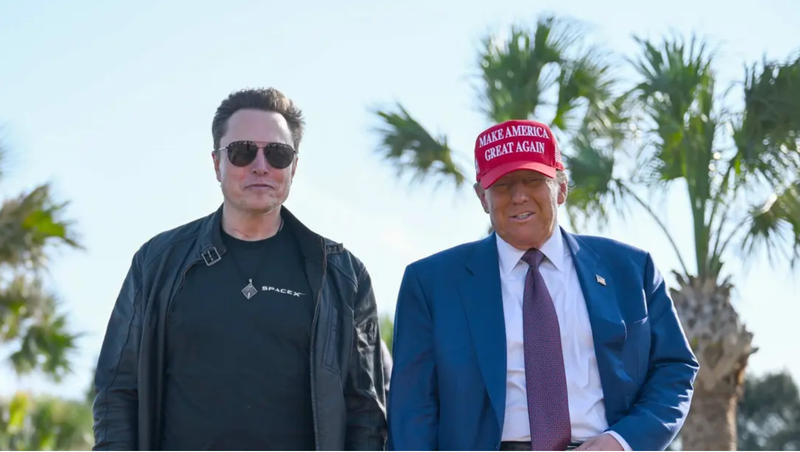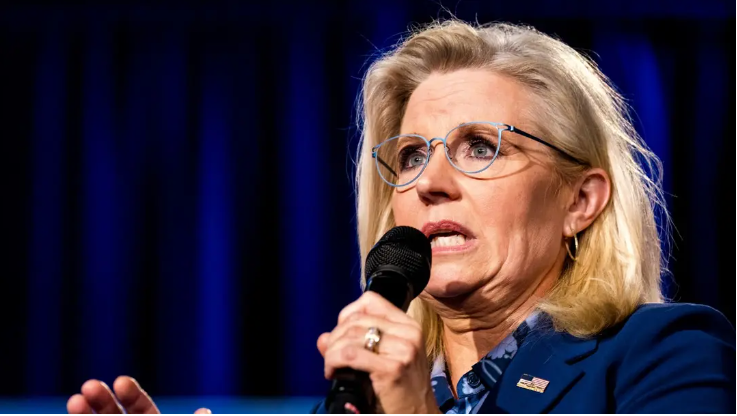Canada's Trudeau Survives No-Confidence Vote
On Wednesday, Canadian Prime Minister Justin Trudeau successfully fended off a vote of no-confidence as opposition leader Pierre Poilievre was unable to win over the New Democratic Party (NDP) and Bloc Québécois leaders....
0:00
/1861
Facts
- On Wednesday, Canadian Prime Minister Justin Trudeau successfully fended off a vote of no-confidence as opposition leader Pierre Poilievre was unable to win over the New Democratic Party (NDP) and Bloc Québécois leaders.[1]
- In public opinion polls, Poilievre, the Conservative Party leader, is in the lead and has expressed interest in a snap election after the NDP withdrew its coalition agreement with the Liberals at the beginning of September.[2]
- Wednesday's measure against Trudeau's Cabinet failed by a vote of 211 to 120. Trudeau, however, is expected to face a budget confidence vote as early as Thursday.[3]
- Nine years into his tenure as prime minister, Trudeau has led Canada under a minority government. In recent years, Trudeau's popularity has declined as Canada faces rising living costs and an escalating housing crisis. An Ipsos poll released in mid-September shows his approval rating sitting at a 'new low' of 33%.[4][5]
- Before the vote, Bloc leader Yves-François Blanchet urged Trudeau to help pass two bills on seniors' pensions and supply management protections, cautioning that he would collaborate with other parties to remove Trudeau's government if no action is taken by Oct. 29.[6]
- Canadians will go to the polls in the fall of 2025 if Trudeau survives the votes of no confidence and avoids an early snap election. Pollsters predict Pierre Poilievre's Conservative Party will win the next election.[7]
Sources: [1]BBC News, [2]Le Monde.fr, [3]Reuters, [4]Al Jazeera, [5]Ipsos, [6]CTVNews and [7]Brusselstimes.
Narratives
- Left narrative, as provided by CBC. Wednesday was a loss for the Conservative Party but a win for Canada. By defeating the motion of no-confidence, Trudeau's minority government was able to avoid the chaos of a forced resignation and subsequent snap election. At a time when stability is crucial, triggering a political crisis would have been reckless and irresponsible.
- Right narrative, as provided by Southpeacenews. Many Canadians are rightfully holding Trudeau personally responsible for the rising inflation and high cost of living. His popularity has been declining for years, with most believing Poilievre has the best plan when it comes to crucial issues like housing, health care, and the economy. It's time for Trudeau to do what's best for the country — step down.







